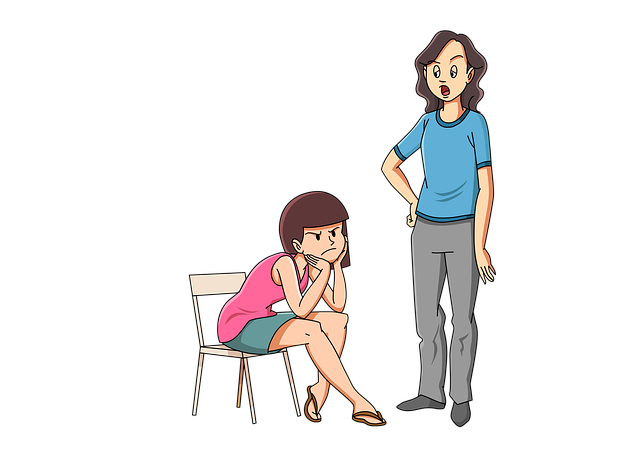by Nathan Chua
Generation gap? What happened to my baby? I want the best for her but she seems to not understand! He’s not listening to my words anymore. She seems to spend more time in her room, on her phone than with us parents exactly when there are opportunities to connect and bond. These are just some of the common problems I see from parents who, for the first time, are feeling like they have lost control over their teenage child.
One of my favorite metaphors to share with parents who struggle with their teenagers is that of a mother bird who has a few grown up chicks that are just about ready to fly out on their own. Your teenager wants to take flight. They will have some unsuccessful attempts and this is the time you could be seen by your child either as a teammate or a big obstacle.
The teen years are like the toddler years. They can be really challenging. Remember how much you had to worry about your toddler hurting himself, or losing them in a mall? Your teenager is no longer a child but not yet an adult, just as your toddler is no longer an infant but not yet able to walk without falling badly at times. This can be a painful realization for the parents. If there was separation anxiety for kids, I think this could be the closest thing to it that parents experience.
One of the more frequent complaints I get from parents is that their kids are no longer listening to their admonitions and at times showing no fear of their sterner warnings. In some cases, one parent plays the good cop and the other the bad one. Not only does the conflict happen between the parents and the child, but also between the couple. One resents playing the bad cop and the other resents the other for being the bad cop. It’s quite a common issue for parents with kids, to disagree about how to parent.
But I get it. Parents have all the good intentions to keep their kids from harm and get them to a brighter future. The problem lies in the way they do it. Dr. Darin Cairns has come up with an interesting metaphor on how to help your relationship with your teenager get better. Dr. Cairns asks parents to choose if they wish to act as gatekeepers or guides.
More often, parents perform the role of gatekeepers. They determine for their children what they should or should not do. Of course, there are certainly some things that parents would not want their kids to try, like crossing the street without a care about vehicles coming toward them. Most of the time however, gatekeepers use rules of what to do or not to do for their kids without much of an explanation or giving the child a sense of some autonomy over their actions and choices. Guides, on the other hand, are parents who validate their teens, allow them to make choices, and let them see for themselves the consequences of these choices.
It doesn’t end there though, being a positive guide is also part of this equation. By positive I don’t mean that everything should be happy and joyful. This will give the impression to the child that it is bad to feel sad or anxious or angry or any of the unpleasant emotions. By positive I mean that you should focus on asking your child to do things rather than telling them what not to do. Why? Because through this your child will not feel criticized and will take your guidance as an opportunity to learn new things and give them a sense of agency.
Well, I am getting tired as I write this. Suffice it to say that I completely empathize with parents of teenagers. It is quite the chore but nonetheless it can be rewarding to be a guide and a friend to your teenager rather than a gatekeeper who is constantly on the lookout for what disaster your kid is up to now. Haha!

